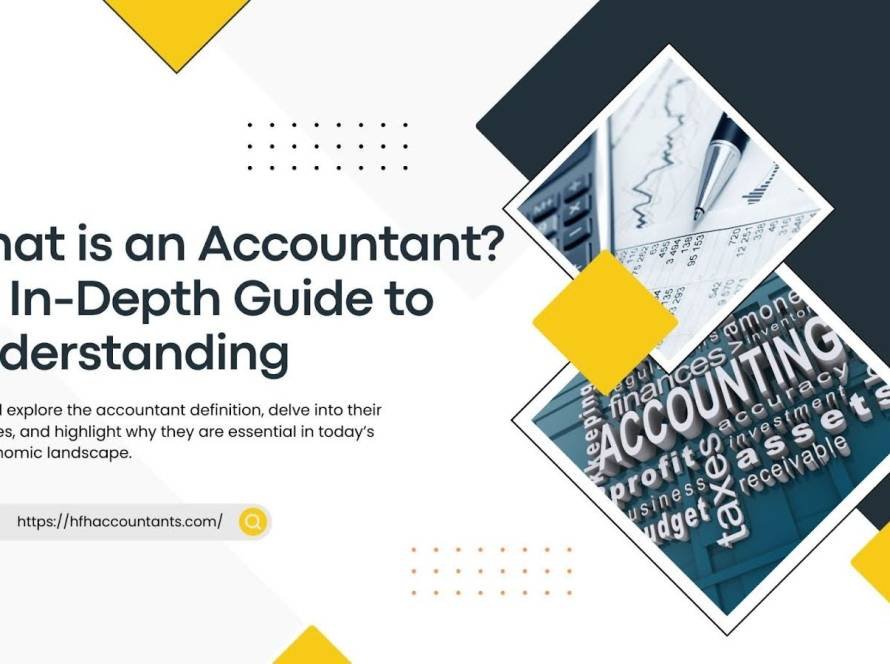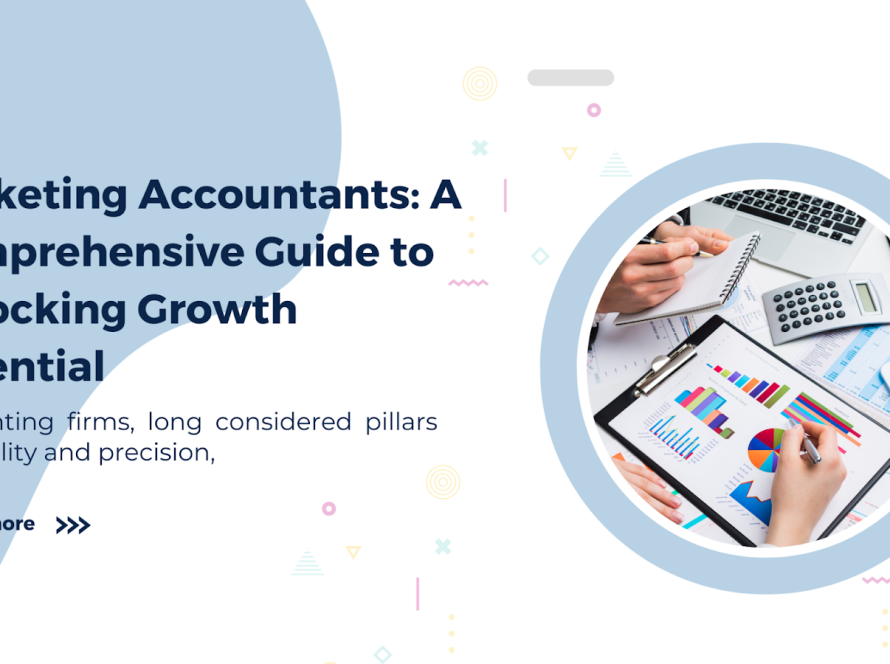In the ever-evolving world of accounting and finance, understanding the intricate relationship between financial planning and tax accounting is critical for both individuals and businesses. Effective financial planning ensures that resources are allocated wisely, while tax accounting ensures compliance with regulatory frameworks and maximizes tax efficiency. Together, they form a vital component of sound financial management. To learn more about how professional accountants can support your financial goals and tax strategies, visit HFH Accountants – Expert Accounting Services.
In this article, we will explore how financial planning integrates with tax accounting, examine their importance, and provide actionable insights for leveraging their synergy. Secondary keywords such as tax efficiency, financial management, tax liability, corporate tax planning, and investment strategies are covered to provide a comprehensive understanding.
Understanding Financial Planning
What is Financial Planning?
Financial planning involves setting long-term and short-term financial goals, identifying strategies to achieve them, and monitoring the progress over time. It encompasses:
- Budgeting: Allocating income toward expenses, savings, and investments.
- Investments: Identifying opportunities to grow wealth through assets like stocks, bonds, or real estate.
- Risk Management: Planning for unforeseen events using insurance or contingency funds.
- Retirement Planning: Ensuring adequate funds for a comfortable post-retirement life.
Key Role of Financial Planning in Tax Accounting
Effective financial planning is incomplete without a focus on tax obligations. Tax implications influence major financial decisions, from investment portfolios to estate planning. For example, maximizing retirement contributions can lower taxable income, while capital gains from investments require careful tax planning.
What is Tax Accounting?
Tax accounting focuses on the preparation, analysis, and presentation of tax payments and returns. It ensures compliance with tax laws, identifies eligible deductions and credits, and minimizes tax liabilities.
Types of Tax Accounting:
- Individual Tax Accounting: Covers income, deductions, and credits for personal tax returns.
- Corporate Tax Accounting: Addresses business taxes, including corporate income taxes, payroll taxes, and value-added taxes.
Tax accounting plays a crucial role in reducing tax burdens while adhering to regulatory standards.
The Intersection of Financial Planning and Tax Accounting
1. Tax-Efficient Investment Strategies
A core aspect of financial planning is selecting investments that align with a client’s goals and risk tolerance. Tax accounting adds another layer by analyzing the tax implications of these investments. For instance:
- Tax-Advantaged Accounts: Utilizing accounts like IRAs, 401(k)s, or HSAs to defer taxes.
- Capital Gains Management: Timing the sale of assets to minimize capital gains tax.
By integrating tax strategies, investors can optimize their portfolio performance.
2. Reducing Tax Liability Through Strategic Planning
Financial planning can help lower tax liabilities in areas such as:
- Charitable Contributions: Deductions for donations made to qualified organizations.
- Tax-Loss Harvesting: Offsetting capital gains by selling underperforming investments.
- Homeownership Benefits: Taking advantage of mortgage interest and property tax deductions.
3. Estate Planning and Tax Considerations
Estate planning is a critical financial planning area that benefits significantly from tax accounting. By incorporating tax-efficient tools such as trusts or gifting strategies, individuals can minimize estate taxes and ensure a smoother wealth transfer to heirs.
4. Business Planning and Tax Optimization
For entrepreneurs, the interplay between financial and tax planning can be transformative. Examples include:
- Choosing the Right Business Structure: Deciding between LLC, S-Corp, or C-Corp to maximize tax benefits.
- Expense Deductions: Leveraging business expenses to reduce taxable income.
Employee Benefits Planning: Structuring benefits like health insurance or retirement plans with tax efficiency.
Benefits of Integrating Financial Planning with Tax Accounting
- Improved Cash Flow Management
Proper tax planning ensures that individuals and businesses are not caught off guard by unexpected tax liabilities, enabling better cash flow management. - Enhanced Savings Potential
By minimizing tax burdens, individuals can allocate more resources toward savings and investment goals. - Regulatory Compliance
Tax laws are complex and ever-changing. Integrating tax accounting into financial planning ensures adherence to legal requirements, reducing the risk of audits or penalties. - Wealth Maximization
Synergizing financial planning with tax strategies unlocks opportunities to grow wealth while protecting it from unnecessary tax erosion.
Challenges in Merging Financial Planning and Tax Accounting
- Complex Tax Laws: Navigating the intricate and evolving landscape of tax regulations can be overwhelming without professional help.
- Balancing Goals: Prioritising between immediate financial needs and long-term tax-saving strategies can be challenging.
- Technology Integration: Leveraging tools for seamless integration between financial and tax data requires expertise.
Practical Steps to Enhance the Synergy
- Collaborate with Professionals: Engage financial planners and tax accountants who can work together for holistic planning.
- Use Technology: Leverage software tools like QuickBooks or TurboTax for streamlined financial and tax management.
- Stay Updated: Regularly review tax laws and financial goals to ensure alignment.
- Plan for Milestones: Address life events like marriage, starting a business, or retirement with tailored financial and tax strategies.
The interplay between financial planning and tax accounting is a cornerstone of effective financial management. By harmonizing these disciplines, individuals and businesses can maximize their financial potential, reduce tax liabilities, and achieve their goals with greater confidence. For anyone navigating the complexities of accounting and finance, understanding this synergy is not just beneficial—it is essential.
Incorporating tax-efficient strategies into your financial plan is a proactive step toward securing your financial future. Whether you’re an individual seeking better savings or a business aiming to optimize profits, the collaboration of financial planning and tax accounting can make a significant impact. Explore our comprehensive Tax Planning Services or discover the full range of Our Services to see how we can assist you.




